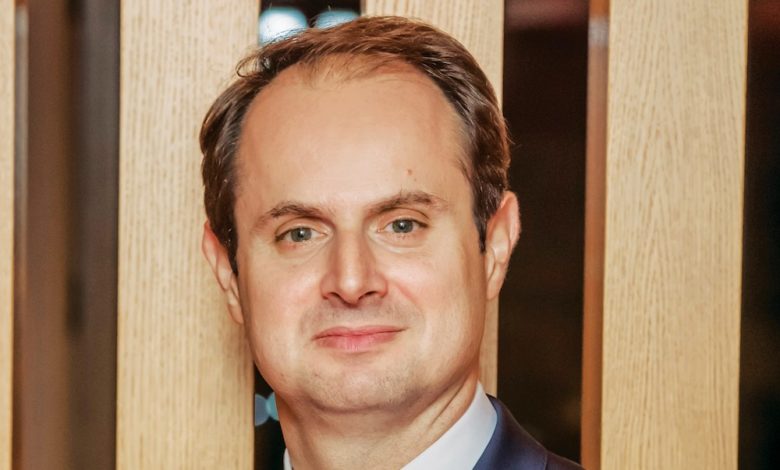Capital Product Partners: ‘Our LNG expansion ticks all the boxes’

Capital Product Partners made headlines last summer when it announced an expansion into the LNG market by acquiring three latest generation, two-stroke LNG carriers from Capital Gas.
Following a successfully concluded €150m bond issue on the Athens Exchange during October, CPLP exercised recently the option to acquire three additional LNG carriers with long-term charters attached, which means that the company invested in excess of $1.2bn in LNG carriers within less than six months.
Large orderbooks tend to be a problem in the shipping markets
“From a business model perspective, our expansion ticks all the boxes. We acquired modern assets with long term charters attached, which provides us with cash flow visibility and reduces the average age of the fleet”, Jerry Kalogiratos, CEO of CPLP, tells Maritime CEO.
Kalogiratos points out that LNG gives the shipowner the opportunity to benefit from the industry fundamentals and limit the environmental footprint of the vessels. As he explains under normal circumstances, LNG is more economical than oil. Also, there is sufficient infrastructure globally which allows dual fuel LNG vessels to be bunkered in the majority of the ports.
“LNG will remain the main source of energy for the transition into the net zero era. In the next 15 years, 40% of the global energy mix will be provided by natural gas. This means that there will be a rapidly increased demand for LNG carriers,” Kalogiratos says.
Furthermore, CPLP remains active in its main playing field which is the containerships market. To be more specific, CPLP has obtained from parent company Capital Maritime & Trading Corp the right of first offer on three 13,278 teu vessels which are being built in South Korea and are attached with a 10-year charter to Hapag-Lloyd.
On further fleet expansion plans, Kalogiratos says: “We evaluate the vessels against the cash flow. We are not going to order or buy a vessel, without a charter attached that will give accretive returns, especially with today’s soaring prices”.
Describing the company’s chartering strategy, Kalogiratos notes: “If you have a great market, as we enjoy today in the container and LNG sectors, you will find longer than usual time charters, and more capital visibility. That’s our goal.”
CPLP benefited over the past year from the record high rates in the containership market. Kalogiratos believes that the market will gradually fall from these levels, but the rates will remain healthy until at least 2023, when the massive amount of the vessels that are being built today, are delivered to their owners.
“Large orderbooks tend to be a problem in the shipping markets,” he admits.
Digging further into the market’s fundamentals, he notes: “We still observe bottlenecks on port level and a simultaneous increase in the demand for consumer goods. A turning point for the sector will probably be the reduction of the benefits that western governments distributed to customers amid Covid-19 and the depletion of customers’ extra savings. This combined with a more normalised picture in the supply side of the industry, as logistics issues are being resolved, will eventually cause a correction in the rates”.
The CPLP fleet today numbers 21 vessels including 14 container ships, one capesize vessel and six LNG carriers.
